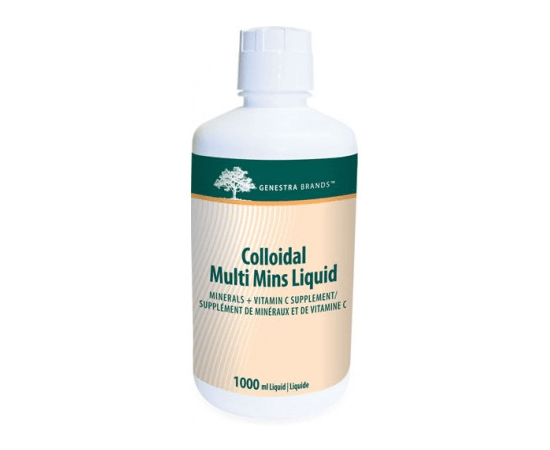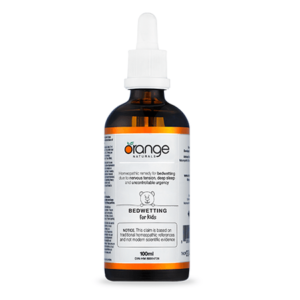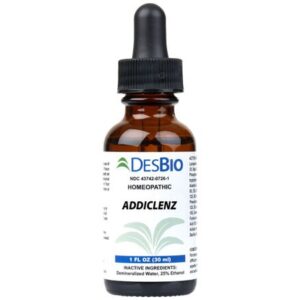Description
1000 ml
Multi-mineral formula high in vitamin C
• An antioxidant for the maintenance of good health
• Helps the body to metabolize carbohydrates, fats and proteins and provides support for healthy glucose metabolism
• Helps to produce and repair connective tissue
• Helps to prevent iodine, selenium, chromium and molybdenum deficiencies
• Delicious natural orange flavour Colloidal Multi Mins Liquid is a great tasting, vegan friendly combination of vitamin C and twelve minerals.
Research demonstrates that vitamin C interacts with certain minerals, promoting iron absorption and storage for red blood cell formation, and increasing the use of the antioxidant selenium.1 Vitamin C is the most efficient aqueous antioxidant in the plasma, interstitial fluid and soluble compartment of cells.1 As the first line of defense in these areas, vitamin C prevents free radical damage to DNA, and helps vitamin E protect against oxidative damage in lipid membranes.1 Vitamin C is involved in fat metabolism through its role in carnitine synthesis, which transports fatty acids to the mitochondria for oxidation and energy production.1 Vitamin C also mediates protein metabolism, and helps produce peptide hormones.1 The production of collagen, the primary structural protein found in connective tissue, also requires vitamin C.1 As a cofactor for lysyl oxidase, copper is involved in the cross-linking of elastin and collagen, which helps form and strengthen connective tissue.2 Copper is also a cofactor for the enzyme ceruloplasmin, which oxidizes ferrous to the more bioavailable ferric iron (Fe3+). This allows iron to bind the protein transferrin, which transports iron to the bone marrow for red blood cell formation.3
1. Combs, GF. (2012). The Vitamins (4th ed.). USA: Elsevier. 2. Szauter,KM, Cao, T, Boyd, CD, Csiszar, K. Lysyl oxidase in development, aging and pathologies of the skin. Pathologie Biologie. 2005; 53: 448-456. 3. Arredondo, M, Nunez, MT. Iron and copper metabolism. Molecular Aspects of Medicine. 2005; 26: 313-327.




